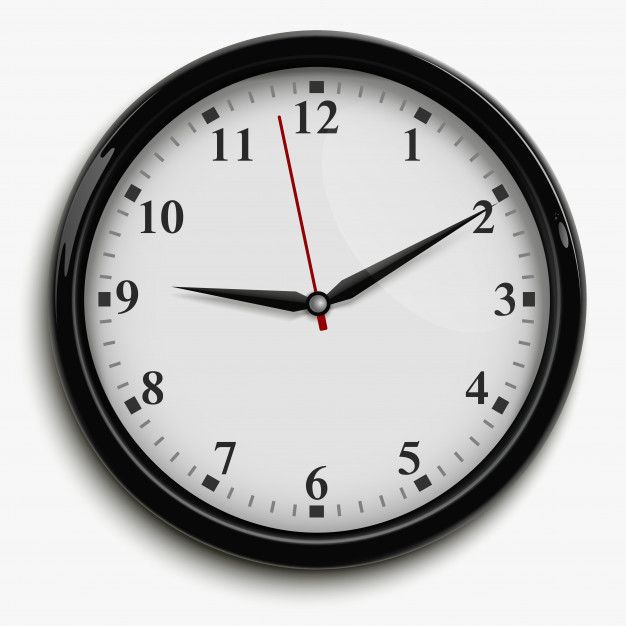
How Daylight Saving Time is Linked to Seasonal Affective Disorder
After turning back the clock for Daylight Saving Time, more people may start to experience symptoms of seasonal affective disorder (SAD). “Seasonal affective disorder is often caused by changes in our circadian rhythm, that internal natural clock that runs our sleep, our mood and our appetite,” explained Susan Albers, psychologist for Cleveland Clinic. “When there is a shift in the season and our access to daylight, our bodies struggle to adjust to the new light and time frame.” Albers said symptoms of seasonal affective disorder can include feeling depressed, acting withdrawn, lacking motivation, struggling to concentrate and also changes in sleeping and eating habits.

